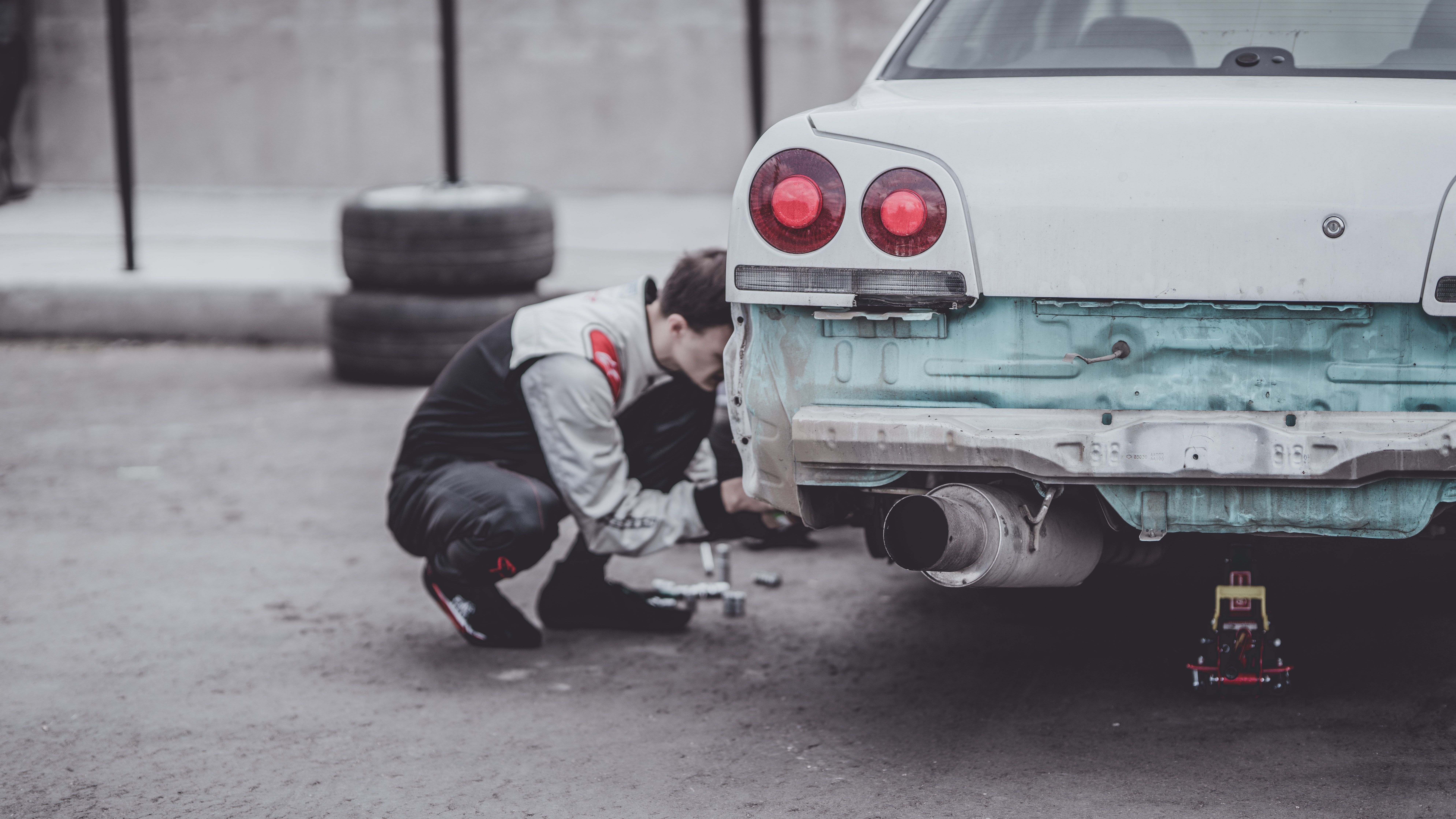
To Repair Or To Replace
You need a new car. The math is easy. The car costs that much, you get that much on your trade-in, therefore your payments are so much per month for so many months. But the value of your new car drops sharply the moment you drive out of the dealer’s showroom. By the end of year one, your car will have lost 15 – 20% of its value. The same happens to the year one value in the second year.
So connect the dots and change the math. Buying a year old car will save you around 20%, reducing the gap with your trade-in and the subsequent payments. Year two does this as well. Of course, you lose one or two years on your warranty and service plan, so you have to find the balance that suits you.
Some believe the optimal savings/trade-in value ratio is reached three years after purchase, while others keep driving the car until it is paid off and beyond. This discussion is for them.
The older the car, the more hassles it will give you. Your car will quickly tell you when you have moved out of warranty. The trick is to find out if you just need some maintenance or if it is time to trade-in.
There are obvious signs that all is not well, even though you service your car at the required intervals and check the oil, coolant and tyre pressure often. If any of the following signs manifest, have it checked out.
As in a good horror movie, it is often an unexpected noise that first alerts you. A new rattle, squeak, grind or roar from anywhere on your car means something is wrong. It could be something simple like an exhaust pipe bracket, or something sinister in a bearing or in your gearbox. If your front-wheel-drive starts making a noise when you turn, start getting a price on replacing the CV-joints.
Please be aware that the ‘check engine’ light is a demand, not a request.
Trouble starting could be a bad battery or plugs or the fuel line or something else. The thing about starting trouble is once trouble starts, it will get worse unless you sort it out. Your car will wait until you are late for a meeting or out in the sticks before deciding that the last time you started it was the last time it would start.
An engine that misfires can cause a similar reaction in your heartbeat, especially when it happens when overtaking. The causes of misfiring or general sluggishness can range from quite minor to very expensive. But like starting problems, you have to check it out sooner rather than later.
An increase in fuel consumption, assuming you keep your tires at the right pressure, can have many causes, but will cost you money until fixed. Similarly, if your car starts using oil, it could mean many things, most of them rather expensive.
So the upshot of owning a used vehicle boils down to simple maths and common sense. It makes sense to let someone else take the new car value knock and get a newish car at a great price. You just have to figure out where your price/reliability parameters lie. Any car will reach a point where it is cheaper to replace than repair all the time.
If, like most of us, you don’t know that much about cars, buying directly from the seller can be a lucky packet. It is far better and safer to go to a reputable dealer. Not only will they have a better selection to choose from, but they have a reputation to protect. Such dealers will do a comprehensive check on every vehicle before it goes on the floor and fix any defects it won’t come back to bite you.

